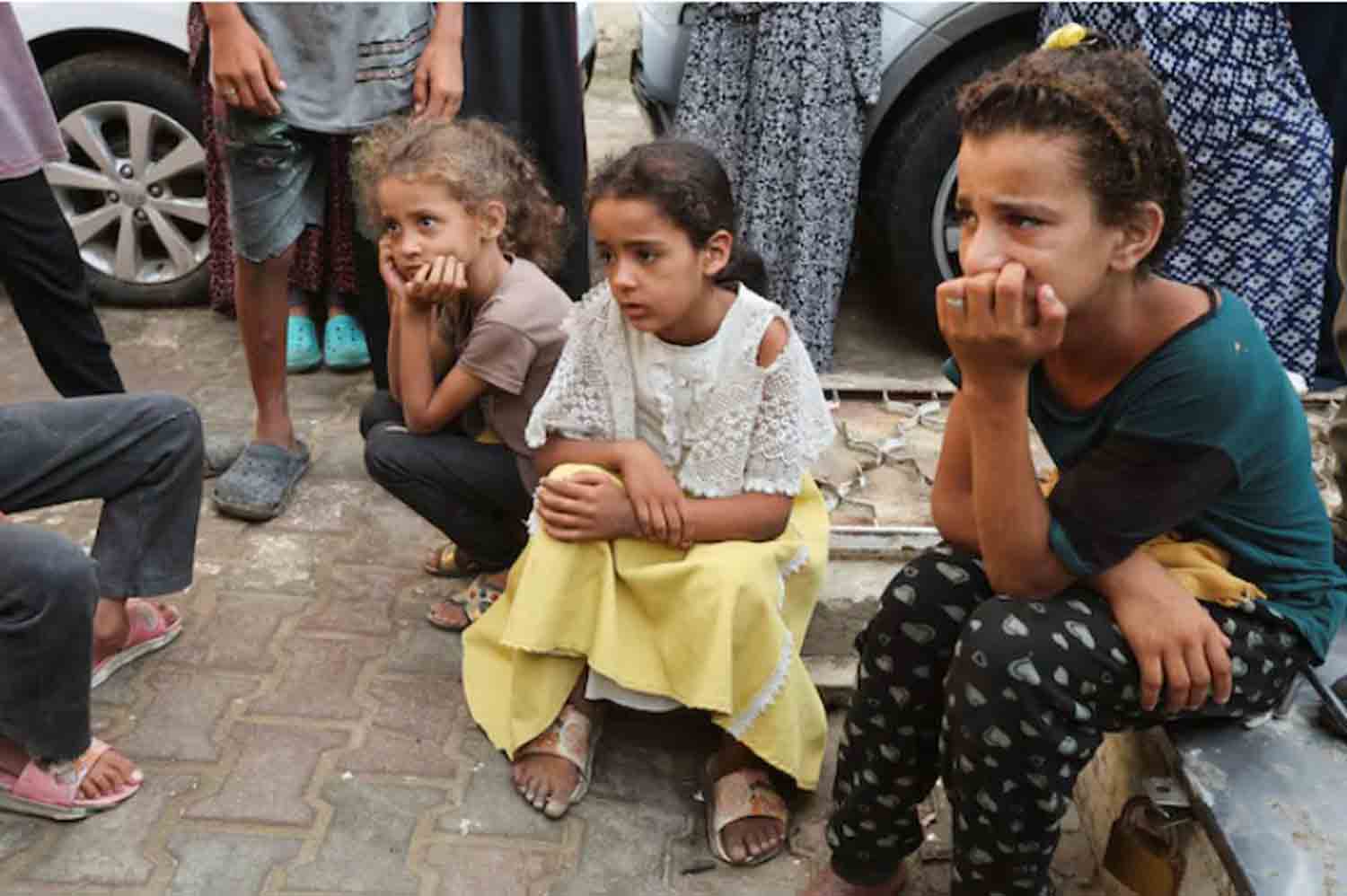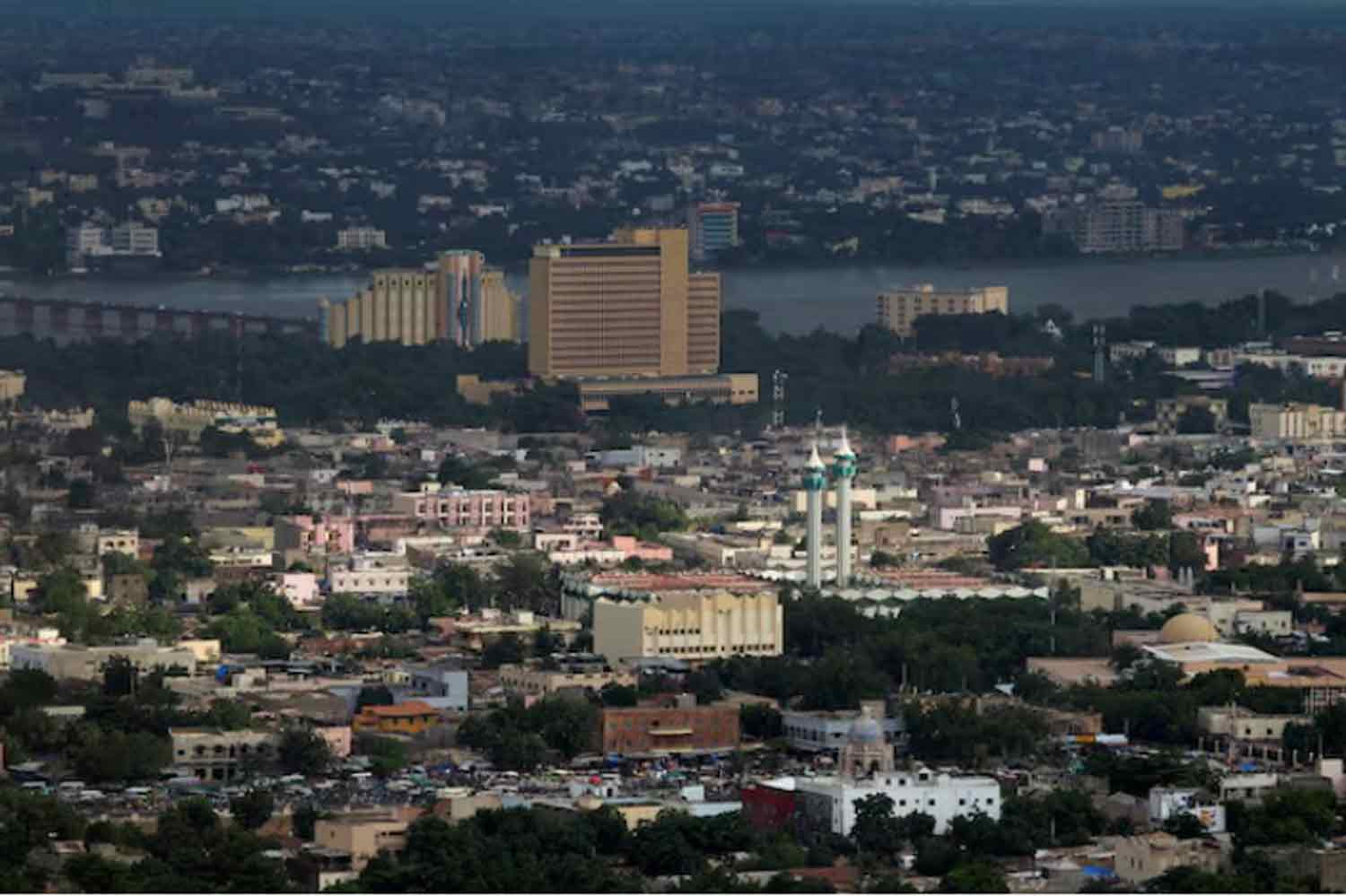Israel is attempting to escalate tensions in the Middle East by provoking Iran to engage in the ongoing conflict with Hezbollah, which is supported by Tehran, according to Iran’s president. He cautioned that such actions could lead to “irreversible” consequences.
Masoud Pezeshkian made these remarks to journalists upon his arrival in New York for the United Nations General Assembly. He stated, “We do not wish to be the cause of instability in the Middle East, as the repercussions would be irreversible.”
He emphasized, “We desire peace and do not seek war. It is Israel that aims to instigate this widespread conflict.” Pezeshkian, a moderate politician elected in July with a commitment to a pragmatic foreign policy, criticized the international community for its silence regarding what he termed “Israel’s genocide” in Gaza.
His appeal for a dialogue-based resolution to the Middle East conflict followed a significant escalation, as Israel conducted a series of air strikes against Hezbollah, marking the deadliest day in Lebanon in nearly a year of hostilities involving the group backed by Tehran.
Pezeshkian stated, “We will support any group that is standing up for its rights and self-defense,” when questioned about Iran’s potential involvement in the Israel-Hezbollah conflict. He did not provide further details.
Josep Borrell, the European Union’s foreign policy chief, who is also in New York, characterized the situation as approaching a full-scale war. He called on global leaders to take all necessary actions to prevent escalation, emphasizing, “Now is the time to act here in New York.”
The ongoing exchanges of fire between Israeli forces and Hezbollah have led to the displacement of tens of thousands from communities on both sides of the border. Israel has expressed a preference for a diplomatic resolution that would see Hezbollah retreat further from the border.
Conversely, Hezbollah, which claims to seek to avoid a broader conflict, asserts that the fighting will only cease with an end to the war in Gaza. Efforts for a ceasefire in Gaza remain stalled after months of unsuccessful negotiations facilitated by Qatar, Egypt, and the United States.
Iran’s regional strategy is primarily shaped by the elite Revolutionary Guards, who are accountable solely to Supreme Leader Ayatollah Ali Khamenei, the nation’s highest authority. Since assuming office last month, Pezeshkian has consistently reiterated Iran’s opposition to Israel and its backing of resistance movements throughout the region.
When questioned about potential retaliation for the assassination of Hamas leader Ismail Haniyeh on Iranian territory in late July, Pezeshkian stated, “We will respond at the appropriate time and place, in an appropriate manner.” The killing of Haniyeh, which both Tehran and Hamas attribute to Israel, has heightened concerns of a direct confrontation between Tehran and its longstanding adversary, Israel, particularly in light of the ongoing conflict in Gaza and escalating tensions in Lebanon.
The Revolutionary Guards and Khamenei have promised “severe” retribution for Haniyeh’s assassination, which occurred during his visit to Tehran. However, Tehran has refrained from immediate retaliation against Israel, which has neither confirmed nor denied its involvement in the incident.
In August, three senior Iranian officials informed Reuters that Tehran has been engaged in extensive discussions with Western nations and the United States to carefully plan its response to Israel regarding Haniyeh’s death.
Pezeshkian remarked, “We were informed that a ceasefire agreement between Israel and Iran-backed Hamas would be reached within a week, but that week has yet to arrive, and instead, Israel has continued to escalate its attacks.”
Discover more from Defence Talks | Defense News Hub, Military Updates, Security Insights
Subscribe to get the latest posts sent to your email.





